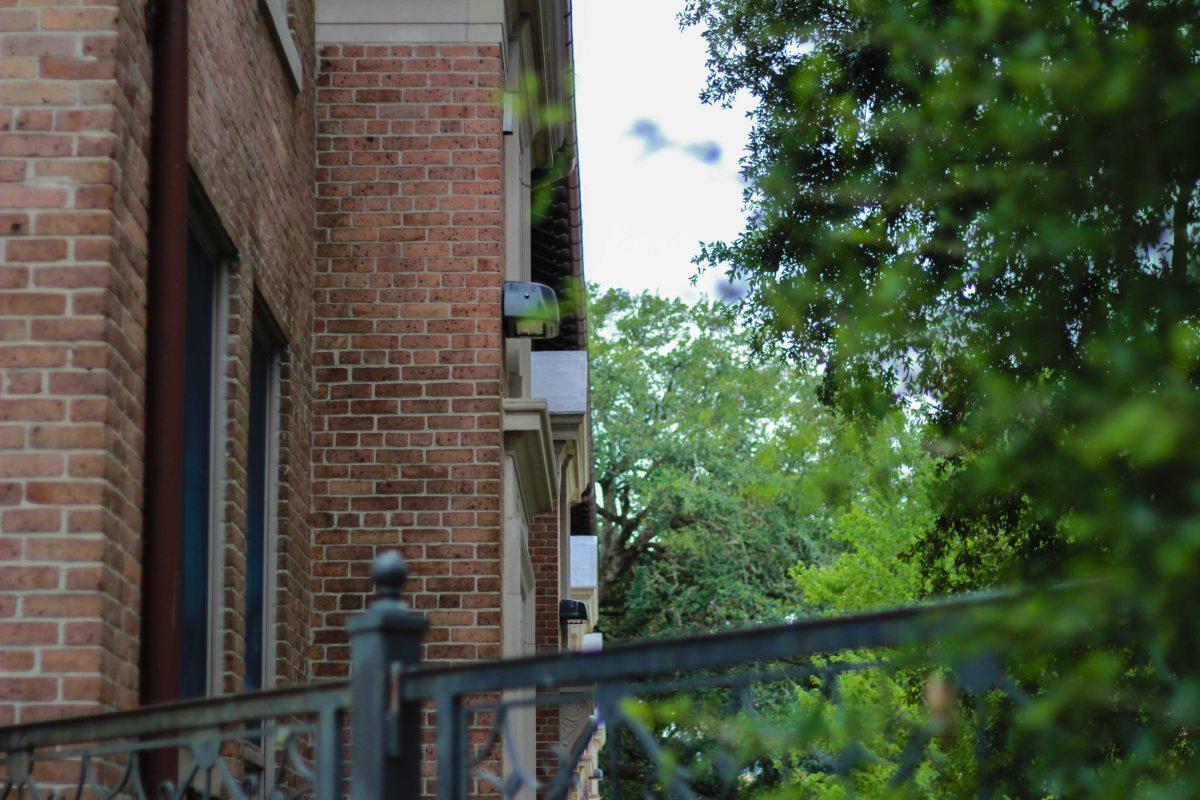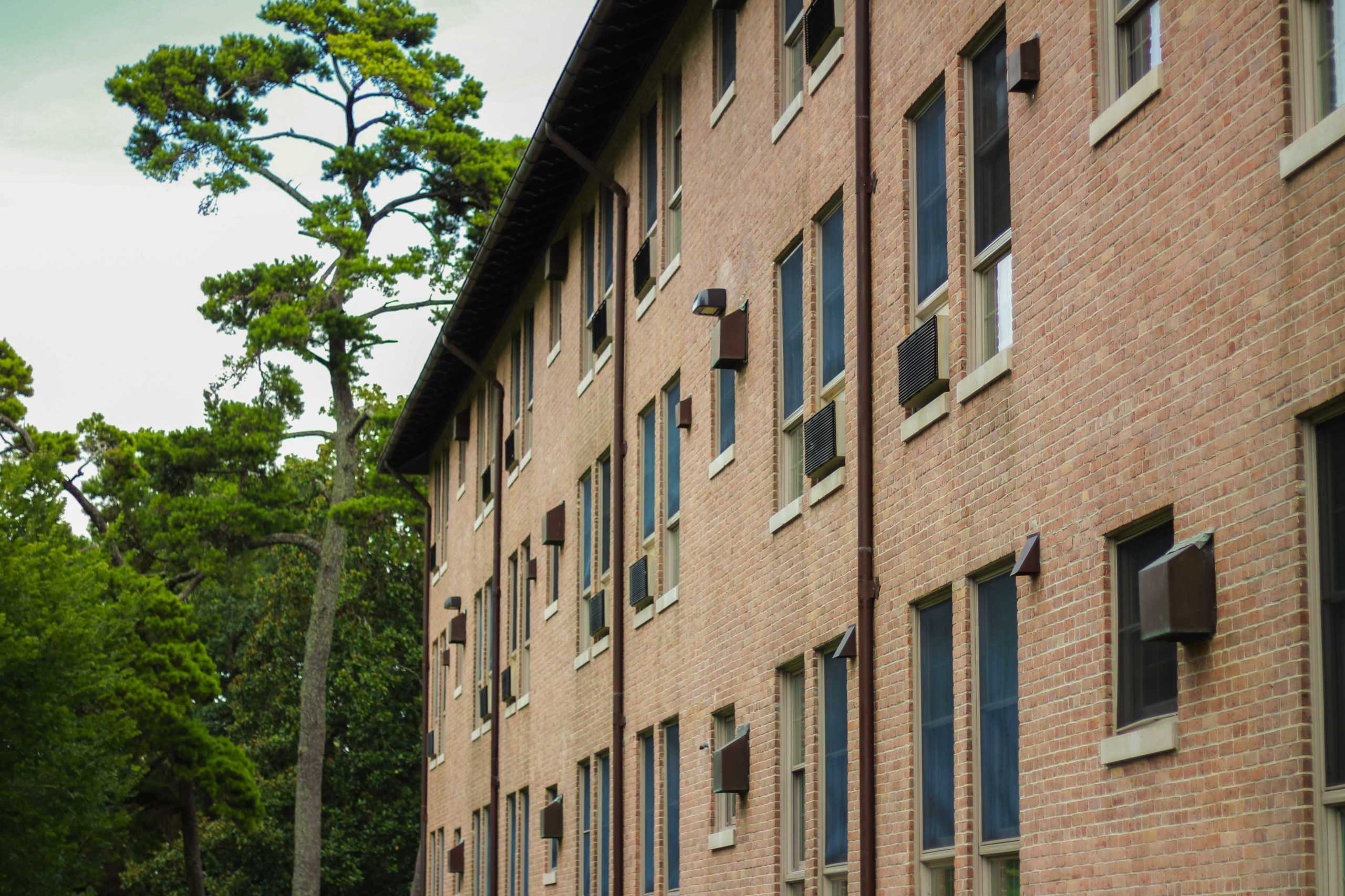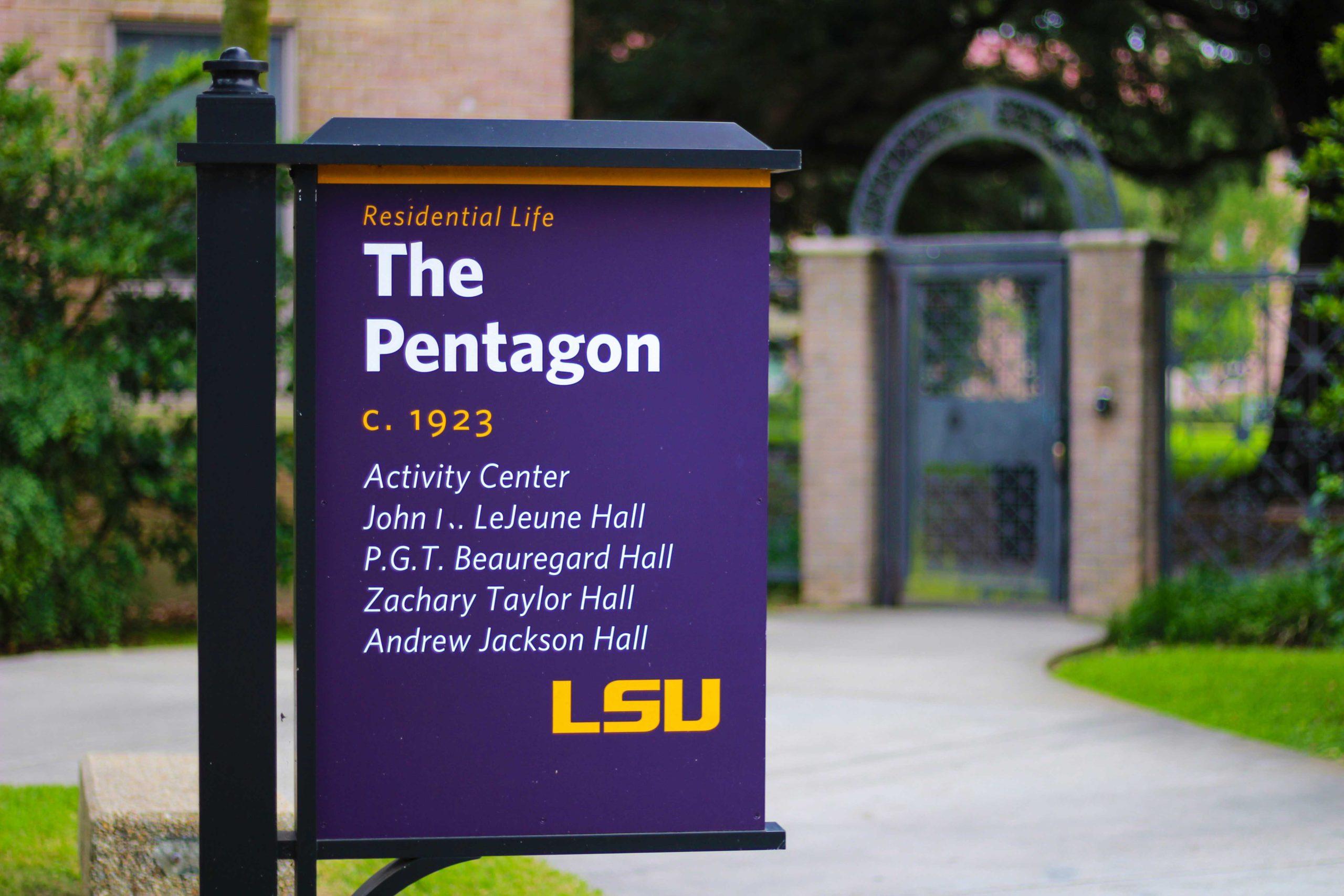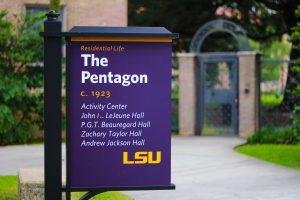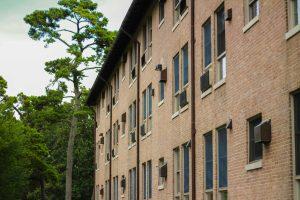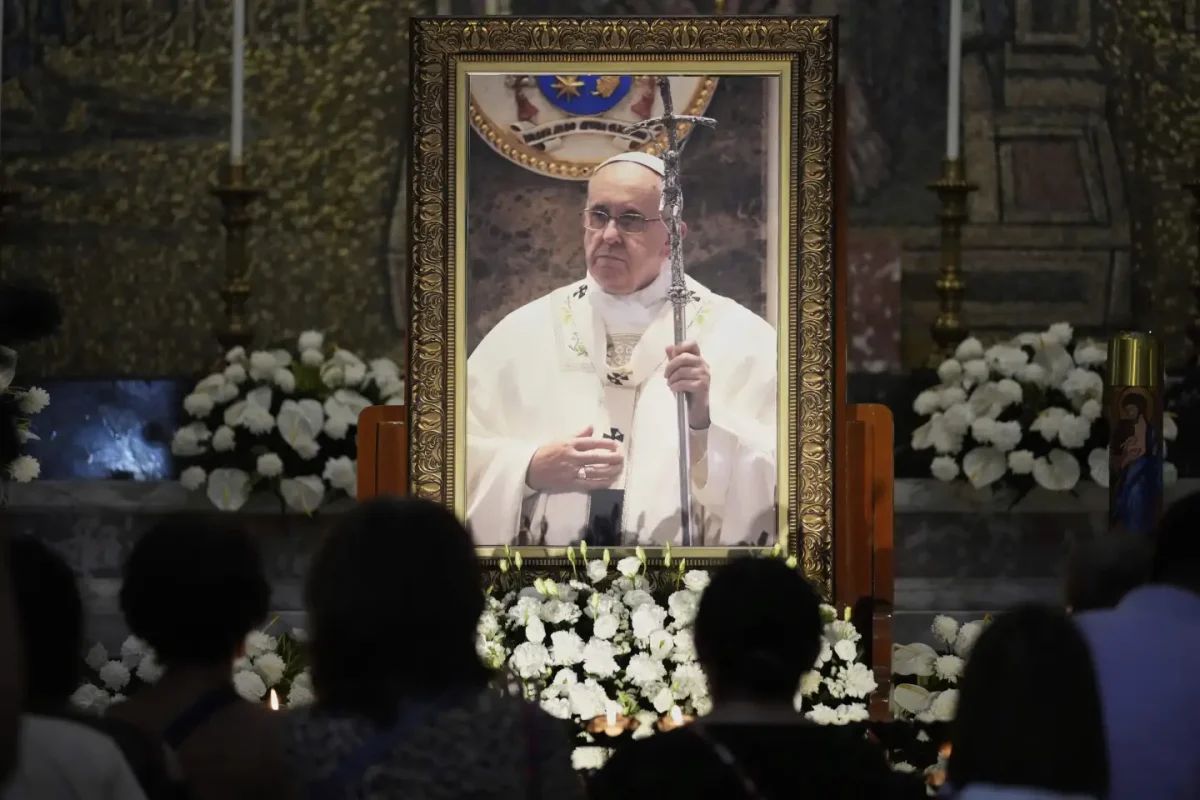The university’s wealth of building memorials and live oak dedications are a familiar site to students and faculty. They give our campus a kind of visible history—a heritage in the halls we walk and a reminder of the values that constitute our institution.
If you pass through the Memorial Oak Grove, you’ll see the names of veterans who fought for the United States during World War I. If you wander by the Quad, you’re likely to spot the names of former professors and educators that built up our institution and contributed to its legacy in ways too numerous to mention. And if you walk by the Pentagon? You’ll see the name of the man who helped start the Civil War.
We remember P.G.T. Beauregard for a number of reasons, but contributing to or associating with our university is not one of them. Perhaps most famously, his orders initiated the attack on Fort Sumter that sparked the war for American slavery into a grim blaze. He continued to lead and fight until the surrender of the Confederacy and then transitioned into a civilian life marked by political activism.
Are you surprised by this? You shouldn’t be. Our campus is dotted with the names of at least 12 different segregationists, Confederate officers and slaveholders. The heritage of these halls may be one we admire, but it’s not one unstained by chattel slavery and hatred.
My fellow upperclassmen are likely already familiar with the many attempts to get these buildings renamed. There was Renew LSU in 2017, which researched and identified an initial group of names with controversial pasts. Later, a petition for the renaming of Middleton Library received more than 14,000 signatures in the wake of the BlackOut LSU movement.
This is a battle we should have already won. In August 2020, the university announced the creation of a committee specifically dedicated to deliberating over which controversial buildings warrant renaming. However, instead of heralding a victory, the announcement of this committee did little but trail into a long and sour silence. Two years and change have now elapsed since the school board’s commitment to redressing students’ grievances, and they have wholly failed to follow through.
In fact, one of the few updates we’ve received on the subject was a November 2021 comment from LSU President William Tate, who said, “I actually would have never started that committee.”
“But since it’s here,” he continued, “I have to be respectful of the democratic process. So in order to be respectful, I’m gonna have to let them deliberate and give me some set of recommendations.”
Does it really require two years to deliberate over 12 names? Even if we move up the date to when Tate made this statement, does it take eight months? Or has the university gone back on its word and created this committee as a phony bandage before continuing with business as usual?
President Tate, are you unable to lift a finger for the sake of your university’s integrity, or just unwilling?
Despite the intensity of my criticism, I still believe that you are able to take action. You’re only tiptoeing around the subject in the hopes that the students who remember will graduate and move on with their lives, and that you won’t need to be the president who faces the controversy of doing what must be done.
Cooper Ferguson, one of the leaders of the campus political organization Cooperation Rouge, shares frustration around around the university’s inaction. Cooperation Rouge is one of the groups leading the fight to rename the university’s controversial buildings.
“Instead of engaging with our argument of ‘What will best serve our diversifying student body,’ LSU administrators focus on a much different question, ‘How do we manage and placate White Backlash from Louisiana at large?’” Ferguson said.
In Tate’s comments about the committee last year, he did more than decry the creation of the Building Name Evaluation Committee. He spoke on the subject of the various controversial building names, saying, “I think you’re going to find that a preponderance of people actually don’t even know who most of these folks are.”
Supposed student ignorance isn’t a shield our leaders should wield in their quest of inaction.
This is more than just a question of hurt feelings and offense; it’s about the university taking part in the immortalization of the hateful and the traitorous. The idea of my African American peers having to knowingly study in halls named after Confederates is horrendous, but this has never been an issue laid on that notion alone.
This is a question of the people we immortalize and of the values that visibly constitute our university. We have the opportunity to renew our campus, to wash it clean in more ways than one, but this requires more than honeyed words and inactive committees. It requires action.
In Ferguson’s words, “white supremacy, symbolic or structural, must be rooted out of all facets of campus life and society at large.”
So, university leaders, start with this: Beauregard Hall, named for a man who betrayed his country and helped spark the Civil War. Start small, even just that one name. Give us one shred of evidence this university is actually committed to stopping the glorification of segregationists and traitors.
Noah McKinney is a 21-year-old English and history senior from Houston, TX.



